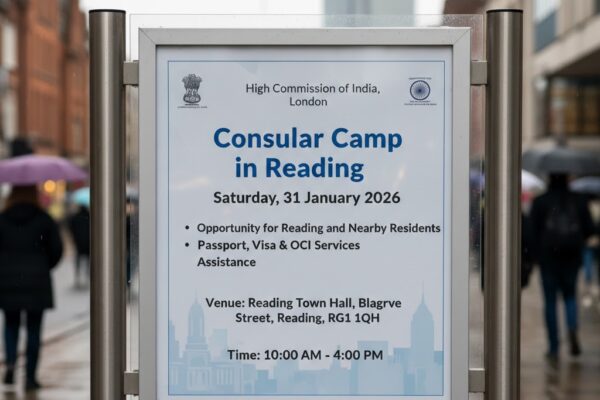
The UK-India Free Trade Agreement (FTA) is set to exempt Indian professionals on short-term assignments in the UK from paying National Insurance (NI) contributions, offering significant financial relief to both workers and their employers.
Under the new arrangement, Indian nationals seconded to the UK for up to three years will not be required to contribute to the UK’s social security system, provided their employment remains under an Indian contract and they continue to contribute to India’s Employee Provident Fund or similar schemes.
The exemption aims to prevent “double contributions”—a longstanding concern for Indian companies sending staff abroad. Currently, such employees often pay into both the Indian and UK systems, despite being ineligible for UK benefits like the state pension due to the short duration of their stay. The NI contributions amount to approximately £500 per employee per year.
This policy is part of a broader Social Security Totalisation Agreement, which seeks to align social protection frameworks between the two countries. The UK already has similar agreements with several other nations, including the United States, Canada, and Australia.
Business leaders in India have welcomed the move, saying it levels the playing field for Indian firms operating in the UK. However, the plan has met with some resistance within the UK. Critics warn the exemption could create a “two-tier” system, potentially giving foreign workers an unfair tax advantage over British employees.
Despite the concerns, UK trade officials have defended the policy, noting that it aligns with international standards and supports global talent mobility without affecting domestic workers’ rights or tax revenues.
The UK-India FTA is expected to be finalized and signed in the coming months, with implementation projected for late 2025 or early 2026. Indian professionals and their employers are advised to review the upcoming agreement closely and seek legal guidance to fully understand its implications.






